What's In Non-Toxic Baby Wash?
Any baby soap or liquid wash needs to have two basic components: a surfactant to clean and a preservative system to keep microbes from growing in the product.
Most baby washes also have a humectant (to moisturize), an emollient (also meant to prevent skin from drying out), a thickener (to make it feel nicer), fragrance of some kind (whether natural or synthetic), and various other ingredients.
Let's look more deeply at the two of these that you'll see in every single brand (surfactant + preservative system).
Surfactants in Non-Toxic Baby Soap
Surfactants are the cleaning molecules in any soap or wash, and they allow water to lift away dirt and oil. Some surfactants are strong and foamy (great for degreasing dishes), while others are gentler and formulated to respect a baby’s fragile skin barrier.
Good Surfactants
- Saponified oils — Look for wording like “saponified (olive/coconut/sunflower) oil” to know that you're getting the absolute most natural baby soap. These surfactants are made by saponifying plant oils (resulting in what's otherwise known as Castile soap).
- Decyl glucoside, lauryl glucoside, coco-glucoside — These sugar-derived surfactants are very mild and what you'll find in a lot of the Best Stuff and Good Stuff.
- Sodium cocoyl isethionate — This creamy, gentle surfactant works in bar soap or liquid wash.
- Sodium lauroyl lactylate / sodium cocoyl glutamate — These are amino-acid or lactylate based, and are good for sensitive skin, so they make sense in a non-toxic baby wash.
Sneaky Surfactants
- Sodium lauryl sulfate (SLS) & sodium laureth sulfate (SLES) — These are effective, but can be drying/irritating. SLES is ethoxylated (which means it comes with a dioxane risk if it's improperly purified). They’ve fallen out of favor in recent years, and for the 2025 version of this guide we didn't find any brands with either SLS or SLES in the 47 we reviewed.
- Cocamidopropyl betaine — This seems to be in nearly every "non-toxic" baby wash right now. It's marketed as gentle and coconut-derived, but in practice it’s a processed surfactant with allergen/irritation risk for sensitive skin. I'm totally fine with cocomidopropyl betaine in sudsing products for grownups and even older kids--but there are simply better options for baby soaps.
- PEG-based surfactants — Polyethylene glycol (PEG) is made by a process called ethoxylation, which makes oils water-soluble. Unfortunately, the ethoxylation process can leave trace contaminants (including carcinogenic 1,4-dioxane).
Preservatives in Non-Toxic Baby Wash
Any product that contains water needs a preservative system. Without one, bacteria, yeast, and mold can grow quickly — this risk outweighs some of the potential risks from preservatives. The goal is the smallest, safest-preserving system that still protects the product.
Good Preservatives
- Gluconolactone/sodium gluconate — This gentle humectant doubles as a preservative boost, and is great for sensitive baby skin.
- Sodium levulinate + levulinic acid — This plant-antimicrobial is one of the safer options available.
- Sodium dehydroacetate — This mild, planet-friendly preservative also shows up in some of the brands we like.
- Ethyl lauroyl arginate HCl — This is a preservative used in some higher end non-toxic baby washes.
Okay Preservatives
- Sodium benzoate —This is a food-grade preservative that's found in tons of "natural" skincare products (even though it's synthetic). While it's fine for older kids and adults, sodium benzoate will land a baby wash into just Okay Stuff.
- Phenoxyethanol — This one is also widely used and probably fine in small concentrations, but again, but it’s somewhat controversial for newborns so you won't find it in the Good or Best Stuff.
Bad & Sneaky Preservatives
- Parabens — These are the notorious hormone-disrupting preservatives—you won't find them even in conventional baby washes anymore.
- Isothiazolinones (methylisothiazolinone / methylchloroisothiazolinone) — These are frequent contact allergens, and therefore manufacturers tend to leave them out of baby products.
- Benzyl alcohol — This is used as a preservative in some “natural” lines, but it's an irritant and there for on the avoid list for babies.
Preservatives in Bar Soaps
Bars usually have much lower water activity than liquid washes, so they usually require less (or no) broad-spectrum preservative.
What to Look for in the Best Natural Baby Soap
Label reading is hard when it comes to baby soap, but here's what you might see on the label of a non-toxic baby wash:
- Castile soap or saponified oils of coconut, olive, or sunflower.
- Decyl glucoside or another of the mild, sulfate-free surfactants mentioned above.
- Organic glycerin to help the skin stay soft and moisturized.
- Minimal or no essential oils because these can irritate baby skin. Unscented is usually safest for newborns.
- Packaged in glass, aluminum, or refillable/recyclable containers always is worth extra points in our book.
How We Chose the Best Non-Toxic Baby Wash Brands
Because these products are used often and all over the body, I hold them to the highest standard. That’s why our Best Stuff list is limited to just a handful of brands—the cleanest of the clean.
What Makes a Baby Wash Best Stuff
- 100% plant-based AND certified organic ingredients.
- No fragrance or parfum (including “natural” fragrance).
- No PEGs, phenoxyethanol, or other synthetic preservatives.
- No cocamidopropyl betaine or benzyl alcohol
- Uses safe, gentle surfactants like castile soap, saponified oils, or decyl glucoside.
- Unscented or only minimally scented with low-risk essential oils (or none at all for newborns).
What Makes a Baby Wash Good Stuff
- Mostly plant-based or organic ingredients, but not necessarily entirely organic.
- Free of the biggest red-flag ingredients (PEGs, cocamidopropyl betaine, benzyl alcohol).
- Also free of the low-concern preservative like sodium benzoate or phenoxyethanol, which are generally considered safe but not our first choice for babies.
- Essential oils may be used, though not ideal for very sensitive skin.
What Makes a Baby Wash Okay Stuff
- Still free of the biggest offenders (PEGs, cocamidopropyl betaine, benzyl alcohol).
- May contain sodium benzoate or phenoxyethanol as preservatives—both considered low-risk but not ideal for daily baby use.
What Makes a Baby Wash Sneaky Stuff
- Marketed as “natural” or “gentle” but still includes concerning ingredients
- Contains cocamidopropyl betaine or benzyl alcohol (moderate-to-high hazard scores on EWG due to irritation/allergy potential).
- Uses catch-all terms like “fragrance” or “parfum," which can mask dozens of undisclosed chemicals.
The Bottom Line on Non-Toxic Baby Wash
Choosing a natural baby soap feels like it should be an easy task, but nothing can be simple in parenting, amiright? Below, I share the brands that truly meet my Best Stuff standard—but also please keep in mind that less is more when it comes to all baby skincare. Often, plain warm water is all you need, or you can use a simple bar soap for a planet-friendly way to wash your baby.
Also, if you're using this guide to find a wash or bubble bath for an older child or adult, then anything all the way through the Okay Stuff is a great choice, and even some of what we are calling Sneaky for infants would be fine in my book. Specifically, Everyone, Hello Bello, Little Twig, Shea Moisture, Tubby Todd would be ranked as Okay Stuff if this guide weren't for washes being used on newborns.
Now let's get into the nitty gritty!
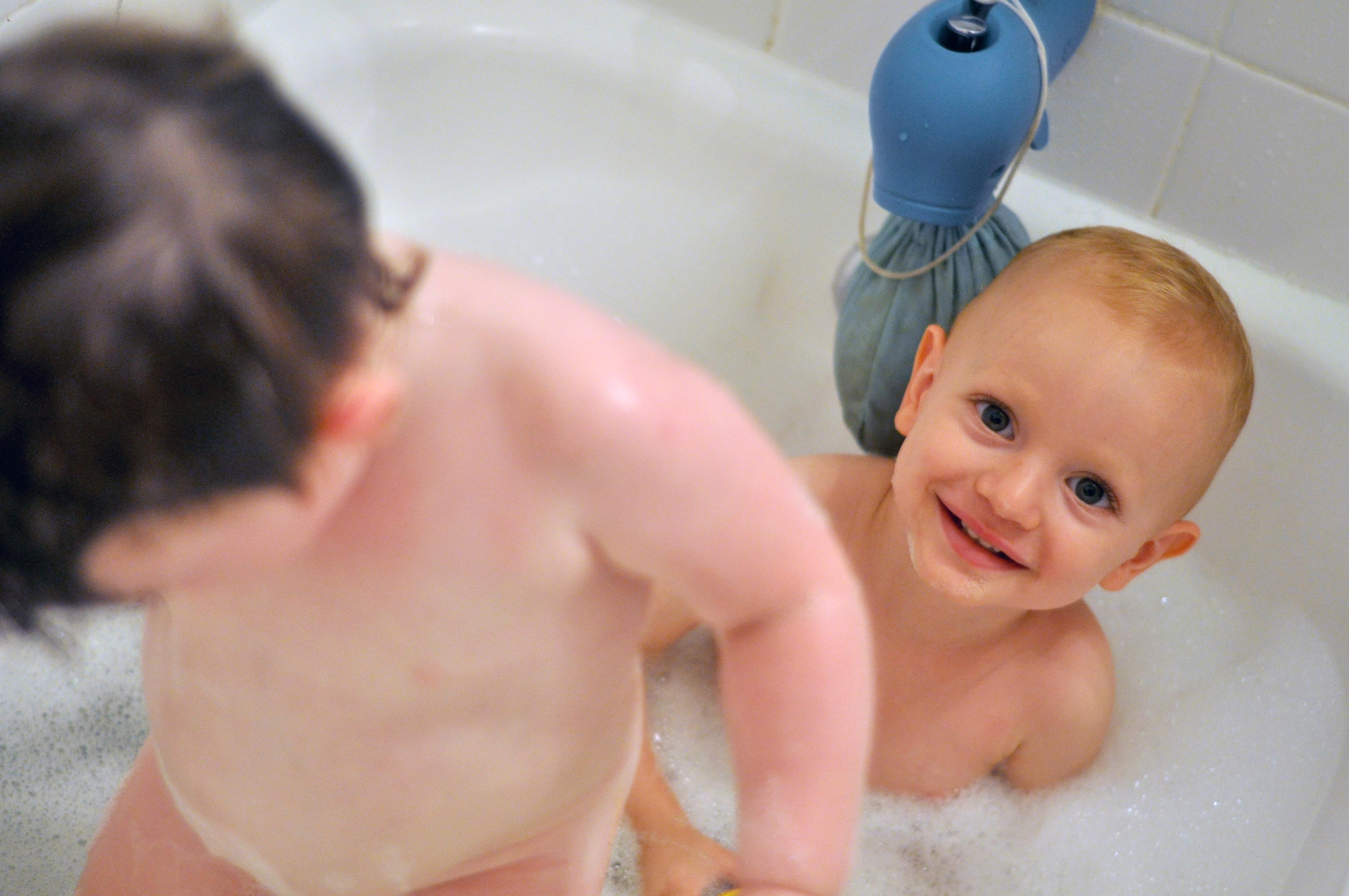









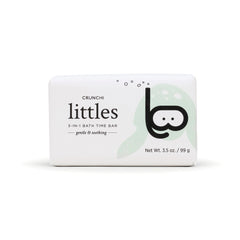















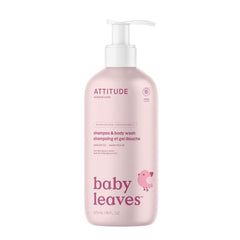








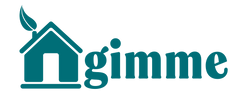






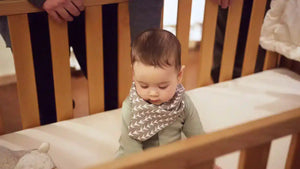
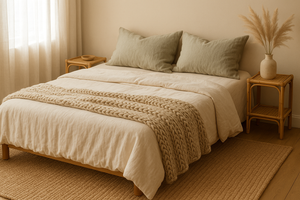
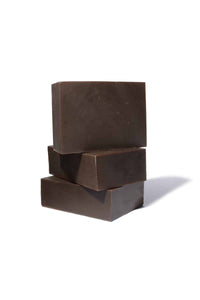
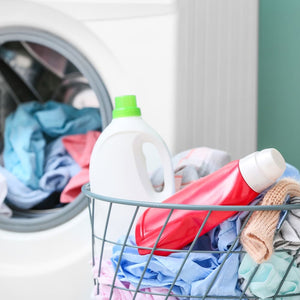
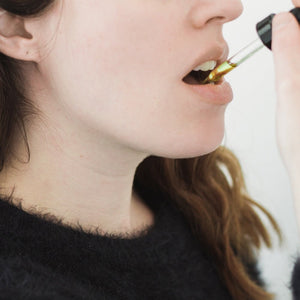
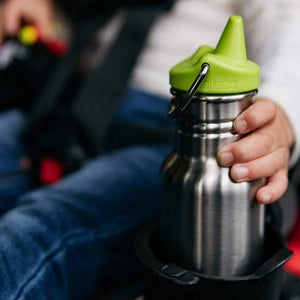
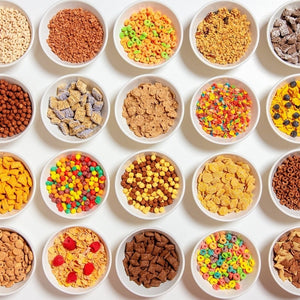
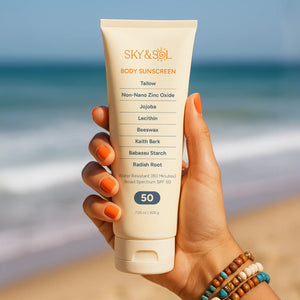
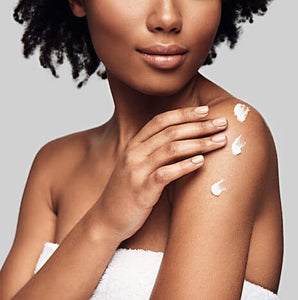

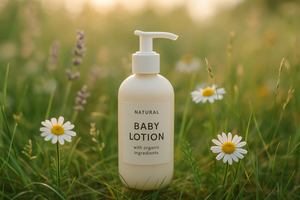
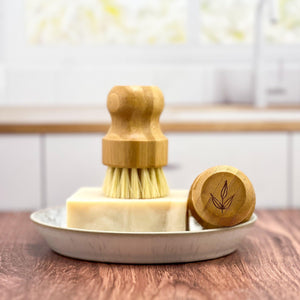
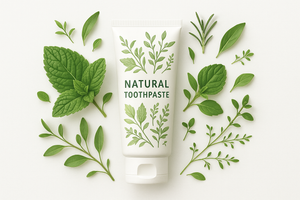
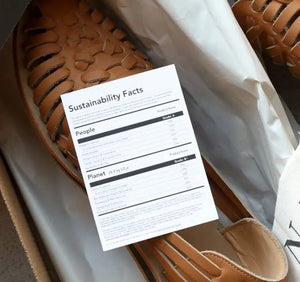
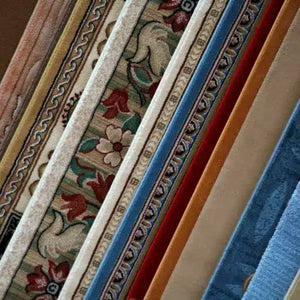
216 comments
Beth Bishop
EWG provides information on personal care product ingredients from the published scientific literature, to supplement incomplete data available from companies and the government. The ratings below indicate the relative level of concern posed by exposure to the ingredients in this product – not the product itself – compared to other product formulations. The ratings reflect potential health hazards but do not account for the level of exposure or individual susceptibility, factors which determine actual health risks, if any.
Maia James
yes, unfortunately.
Cassie
Nevermind. Found the ingredients online and definitely bad stuff.
Cassie
Hello! I am curious about the new Dove baby wash? Also, what about Dove Sensitive?
Maia James
For the most part, this brand is Good or at least Okay Stuff.